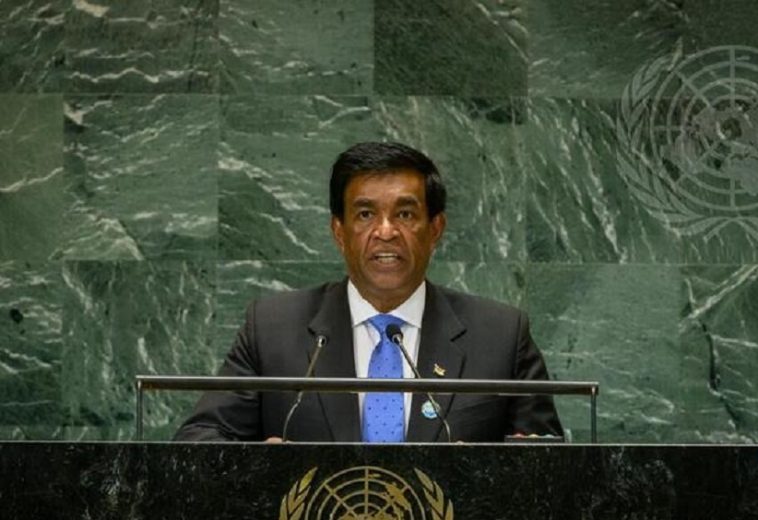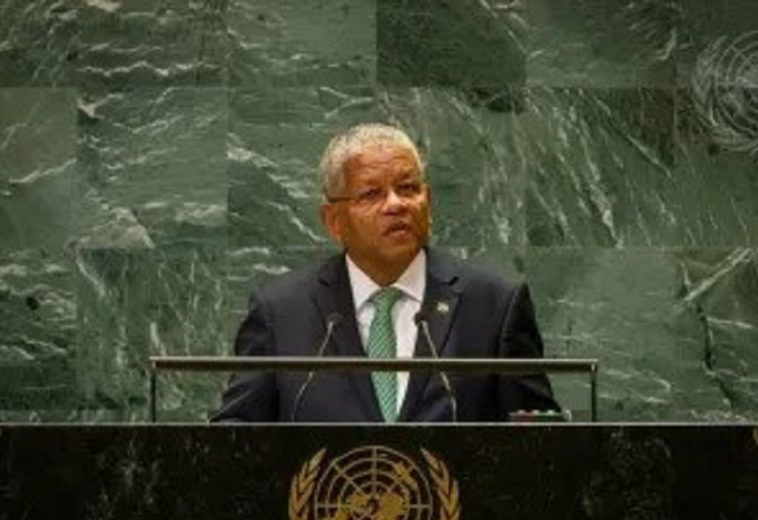Libya’s President of the Presidential Council, Mohamed Younis A. Menfi, has called on United Nations members to enhance efforts to protect migrant rights while simultaneously addressing the escalating threat of terrorism in the region.
Menfi reiterated the enduring challenges Libya faces, primarily stemming from over a decade of conflict, political instability, and foreign interference, which have sought to exploit the country’s resources. Since the outbreak of civil unrest in 2011, Libya has experienced severe disruptions to its governance structures, with rival factions vying for control over key institutions. This has led to significant loss of life, economic devastation, and persistent insecurity.
Menfi highlighted the complex political divisions that have emerged since the fall of Muammar Gaddafi’s regime in 2011, exacerbated by foreign meddling and the creation of parallel governments. Following the 2011 uprising, Libya split into warring factions, primarily between the Tripoli-based Government of National Accord (GNA) and the eastern House of Representatives (HoR), led by military commander Khalifa Haftar.
Despite efforts such as the 2021 ceasefire and the formation of the Government of National Unity (GNU), the struggle for political and territorial control continues. Elections intended for 2021 were indefinitely postponed due to disputes over candidate eligibility and the scope of presidential powers.
This unrest has also affected Libya’s role as a key transit point for migrants heading to Europe. Menfi emphasised the need for greater international collaboration to manage migration flows, noting that instability has made Libya vulnerable to terrorism and smuggling networks. Migrant rights remain a significant issue, with Libya’s detention centres often criticised by human rights organisations for inhumane conditions.
Menfi also stressed that Libya’s path to stability lies in a comprehensive political solution addressing financial, economic, and security concerns. He called for all stakeholders to engage in constructive dialogue free from foreign interference, while acknowledging the African Union’s support for national reconciliation efforts.
The effects of the Libyan conflict have been profound. Over 287,000 people have been displaced, with many more living under constant threat of violence. Libya’s vast oil reserves have often been at the centre of the conflict, with factions using control over oil fields as leverage in negotiations. Despite these challenges, Menfi reiterated Libya’s commitment to rebuilding trust and unity, urging national and international actors to support peacebuilding initiatives.
While the journey towards peace in Libya is fraught with complexities, Menfi’s call for national unity and migrant protection is central to his vision for a stable and self-determined Libya. Continued efforts towards national reconciliation, coupled with international support, are key to addressing the root causes of Libya’s instability.




